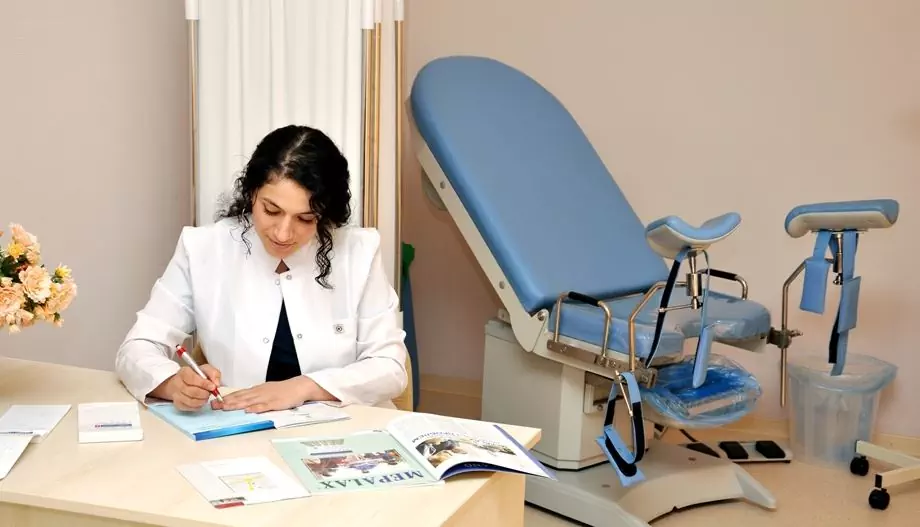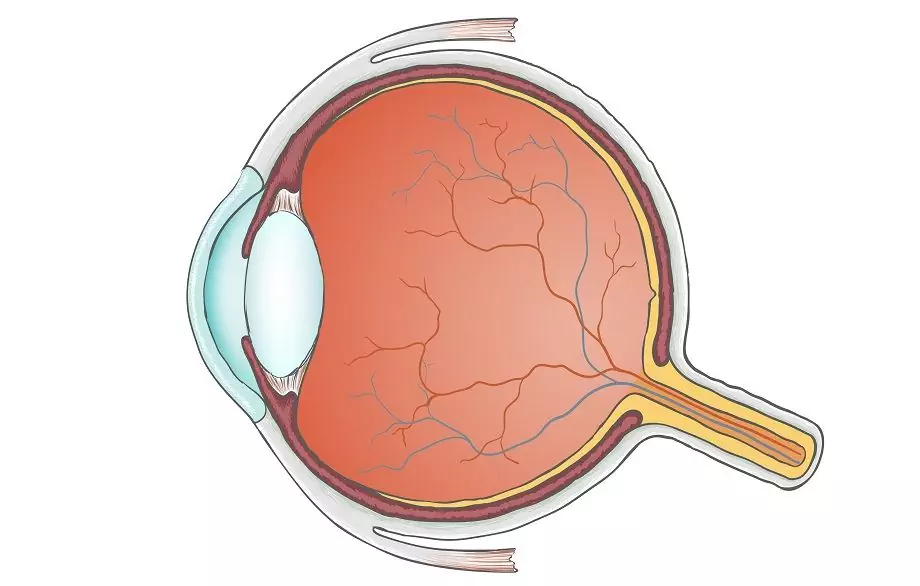- Author Rachel Wainwright wainwright@abchealthonline.com.
- Public 2023-12-15 07:39.
- Last modified 2025-11-02 20:14.
Gynecologist
A gynecologist is a specialist who deals with the diagnosis, treatment and prevention of female diseases. The gynecologist studies diseases of the female genital organs in different age categories and periods of a woman's life. For example, a pediatric or adolescent gynecologist deals with the problems of the child and age category, and in adulthood - an ordinary gynecologist.

The competence of a gynecologist includes diagnostics and medical care in the treatment of any gynecological diseases, such as: cervical erosion, colpitis, inflammatory processes of the uterus and appendages, cystitis, condyloma, etc. In addition, at the examination, the gynecologist can prevent the occurrence of a particular disease.
On examination, the gynecologist can assess the state of the woman's body, diagnose and send for treatment, if there is such a need. The gynecologist should deal with family planning issues and select the appropriate contraceptive methods for the woman. In general, gynecology not only deals with the treatment of diseases that affect the reproductive system of a woman, but also monitors the state of her health in general.
Since each patient has the same disease can proceed differently, based on the mental and physical condition, the presence of diseases of other systems and organs, the gynecologist should have a separate approach to each of his patients.
Diseases dealt with by a gynecologist
- Genital malformations;
- Amenorrhea;
- Genital trauma;
- Vulvovaginitis;
- Juvenile uterine bleeding;
- Algodismenorrhea;
- Dysfunctional uterine bleeding;
- Menstrual irregularities;
- Inflammatory diseases of the lower and upper genital tract;
- Syndrome after total oophorectomy;
- Neuroendocrine syndromes (posthysterectomy, premenstrual syndrome);
- Candidiasis (bacterial, vaginal);
- Genital herpes;
- Urogenital chlamydia;
- Gonorrhea;
- Trichomoniasis;
- Endometriosis;
- Genital tuberculosis;
- Pathology of the uterus;
- Infertility;
- Fruitless marriage;
- Fistulas (intestinal-genital, urogenital, genital);
- Problems of modern methods of contraception;
- Prolapse and prolapse of the vagina or uterus;
- Ovarian apoplexy;
- Tumors of the uterus, coiled tubules, endometrium and ovaries;
- Diseases of the vagina and vulva.
When should you go for a checkup with a gynecologist?
- If, upon reaching the age of 15, the woman does not start menstruating;
- It is imperative that a woman whose mother took diethylstilbestrol (now a prohibited medicine) during pregnancy should regularly seek advice from a gynecologist. Previously, this medicine was used to prevent premature birth, and nowadays it has been proven that the daughters of women taking the medicine are more likely to develop cervical or uterine cancer;
- In case of vaginal bleeding that does not occur at the time of menstruation;
- If a woman has very heavy periods that last longer than 7-10 days;
- If a woman feels itching, burning, unusual smell, pain in the lower abdomen;
- If there is a delay in menstruation;
- If a woman abstains from sex, and she has not had two or more regular periods;
- If a woman feels burning and pain when urinating;
- If there are unusual papillary growths in the genital area, irritation, roughness and abrasion in the labia.
At the consultation, the gynecologist can refer the patient to the following tests:
- Blood tests: hepatitis B-HBcAg Igm, candidiasis, syphilis, herpes, Ig to cor Ag (NS3, NS4) HCV;
- Scraping studies: candidiasis, herpes, rubella, toxoplasmosis, hepatitis, citalomegavirus, vaginosis, Trichomonas vaginalis, Neisseria gonorrhoeae, Gardnerella vaginalis, Mycoplasma genitalium, Mycoplasma hominis, Ureaplasma parvum / Ureaplasma urethralis, HPV ureaplasma ureaplasma for the determination of flora (coloring according to Romanovsky).
What are the main types of diagnostics usually performed by a gynecologist during examination?
- Female infertility;
- Inflammatory diseases of the female genital organs (vaginitis, vulvitis, colpitis, vulvovaginitis, endometritis, cervicitis, etc.);
- Sexually transmitted infections (trichomoniasis, bacterial vaginosis, genital herpes, chlamydia, ureaplasmosis, mycoplasmosis, papillomavirus infection);
- Cervical pathologies, uterine fibroids, endometriosis;
- Menstrual irregularities, climacteric syndrome, hypomenstrual and hypermenstrual syndromes.
In addition, the following studies are within the competence of the gynecologist:
- Hysteroscopy - diagnosis of diseases of the uterine cavity;
- Obstetric and gynecological ultrasound (vaginal probe);
- Ultrasound diagnostics of the mammary and thyroid glands, liver and kidneys;
- Hesterosalpinography - diagnostics of diseases of the fallopian tubes and uterine cavity with intravenous anesthesia;
- Laparoscopy - operative or diagnostic;
- Diagnosis of cervical diseases (biopsy, colposcopy, cytology).
Gynecologist's advice
You should be aware that the appearance of too early menstruation (before 10 years) or too late (after 16 years) is a reason to go for an examination to a gynecologist.
A woman's regular menstrual cycle is not established immediately, but for about a year after the onset of menstruation. But even with an irregular sexual cycle, a girl can become pregnant, so it is important to protect herself.
The normal duration of the menstrual cycle is 21 to 35 days. The cycle starts on the first day of your period and lasts until the first day of your next period. The duration of your period should be 3-7 days. If menstruation lasts too long, is very abundant, or the duration of the menstrual cycle does not fit into the above-described norms, it is necessary to seek advice from a gynecologist, as this may indicate violations in the genital area.
Found a mistake in the text? Select it and press Ctrl + Enter.






